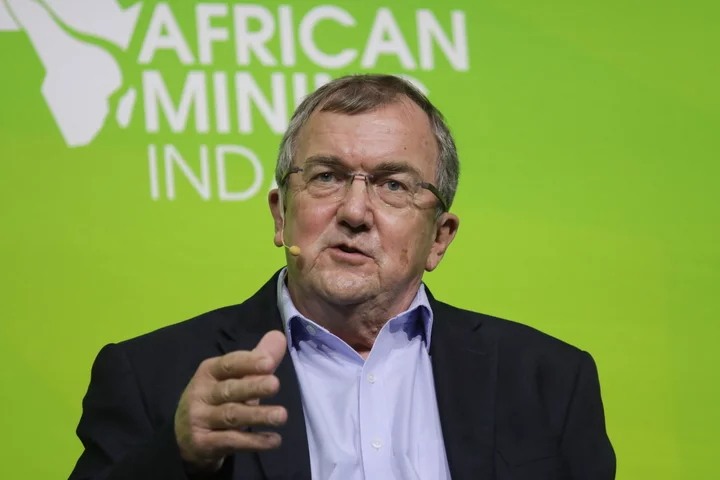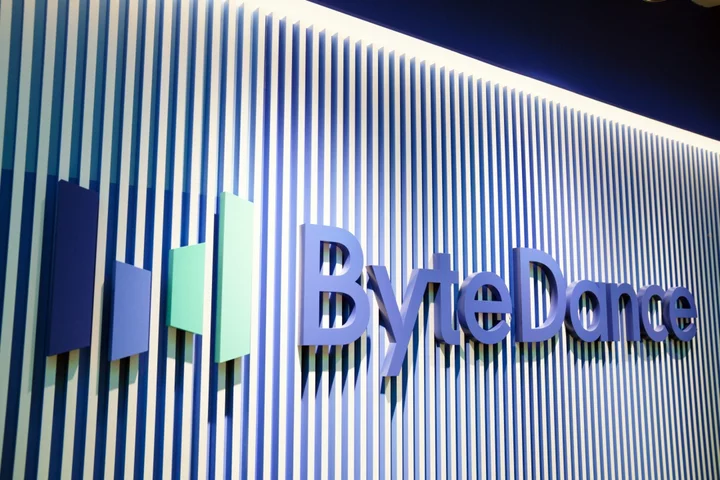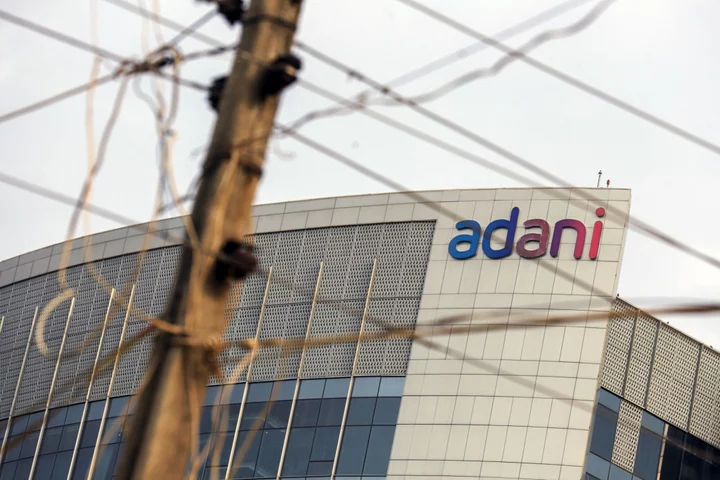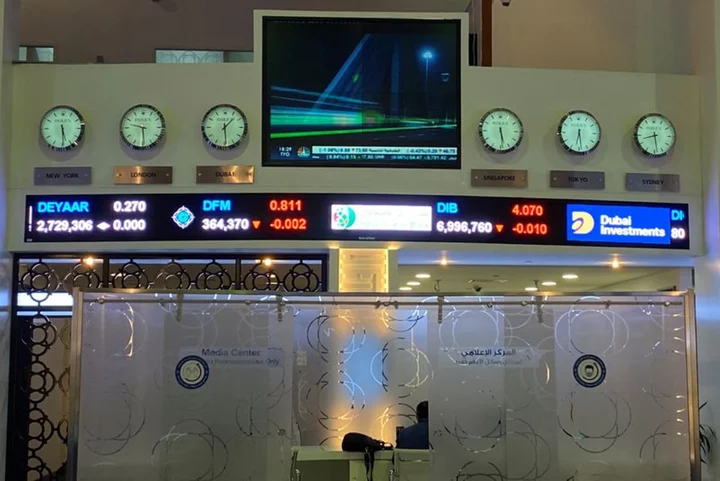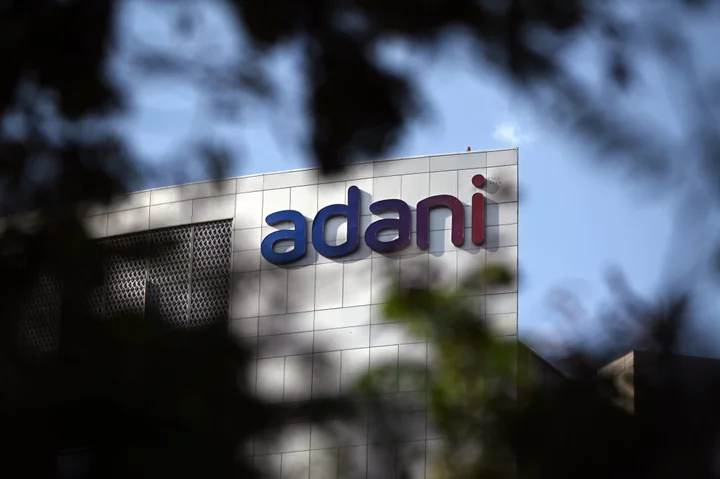For a company with “gold” in its name, Barrick Gold Corp. has become noticeably fixated on copper.
The world’s second-largest bullion producer recently approached First Quantum Minerals Ltd. to discuss a potential takeover, Bloomberg reported last week. And while the move was unsuccessful — Barrick’s informal overtures were rebuffed — its interest in buying a $17 billion copper miner provides the starkest evidence yet of a shifting focus at the company whose origins lie in Nevada’s gold veins.
Mark Bristow, Barrick’s swashbuckling chief executive, has talked for years about his desire to grow in copper. Now, the emphasis may be taking on a greater urgency: Barrick’s gold production has dropped to multi-decade lows, while longstanding industry rival Newmont Corp. recently announced a huge acquisition that will catapult it well out of Barrick’s league in gold.
While gold companies historically prided themselves on being “pure plays” for investors wanting exposure to bullion prices, Barrick sees copper as a strategic commodity underpinned by the demand for electrification. It’s often found alongside gold in orebodies, and can be processed using similar methods.
Copper is critical “if you want to be relevant” in mining, Bristow said on the company’s latest earnings call. “As a gold miner, you’re going to have to grow and include copper in your portfolio.”
Already, the Canadian miner’s biggest investment project is a $7 billion copper-gold project in Pakistan, which Barrick plans to start up in 2028 and could operate for at least four decades. It’s also studying an expansion at its Zambian copper mine, while scouring for new deposits across the Middle East, Asia and Africa.
Bristow isn’t alone in his hunt for copper. Mining executives and analysts have been sounding an alarm over growing shortages starting in the mid-2020s, as demand increases for copper in electric vehicles, wind and solar farms and high-voltage cables. The world’s biggest miners are all looking to grow in copper to take advantage of future price rises, at a time when there are few new projects being planned.
However, Barrick may have one advantage over the competition: Bristow has shown he’s willing to venture to riskier regions where many western miners are wary to invest. A geologist by training, the South African executive cultivated a reputation for building gold mines across the Democractic Republic of Congo, Ivory Coast and Mali while at Randgold Resources Ltd., the company he founded.
He brought that same approach to Barrick when the company bought Randgold in a no-premium deal in 2019. The company has revived the Reko Diq project in Pakistan after resolving a years-long dispute with the government over a 2011 decision to deny a license for the mine.
Bristow has also spoken openly about copper exploration in both Zambia and Congo. The company is currently in talks with the Congolese government about potential exploration projects, according to people familiar with the matter.
Bristow hasn’t made any big acquisitions since joining Barrick, though he has certainly tried. The company attempted a hostile, no-premium takeover bid for Newmont in 2019 that ultimately failed. He toyed publicly with the idea of buying Freeport-McMoRan Inc. in another attempt at growing Barrick’s copper exposure. At the same time, he’s been a vocal critic of getting bigger for the sake of it, maintaining that organic growth — not “stupid M&As” — is the best way to stay competitive in an industry with a litany of ill-timed deals.
Responding to the news of Barrick’s approach to First Quantum, analysts pointed to the difficulty in reconciling Bristow’s discipline in M&A with the likelihood that any deal would require a steep premium, given the industrywide scramble for copper assets. (By comparison, BHP Group Ltd. offered a 49% premium to OZ Minerals Ltd.’s undisturbed share price to seal a A$9.6 billion ($6.6 billion) deal for the Australian copper miner.)
Bristow has stressed that Barrick is still, at its core, a gold company. But the firm’s gold production has fallen to its lowest level since 2000 and its shares are down 5% this year. Newmont’s takeover of Newcrest Mining Ltd. would cement its position as the world’s top gold miner. The only metal output that has increased at Barrick since the Randgold merger is copper.
“It’s as strategic as gold is precious,” Bristow said recently.
--With assistance from Michael J. Kavanagh, Thomas Biesheuvel, Dinesh Nair and Jack Farchy.
(Adds share move in penultimate paragraph. An earlier version corrected timing of approach in second paragraph.)

